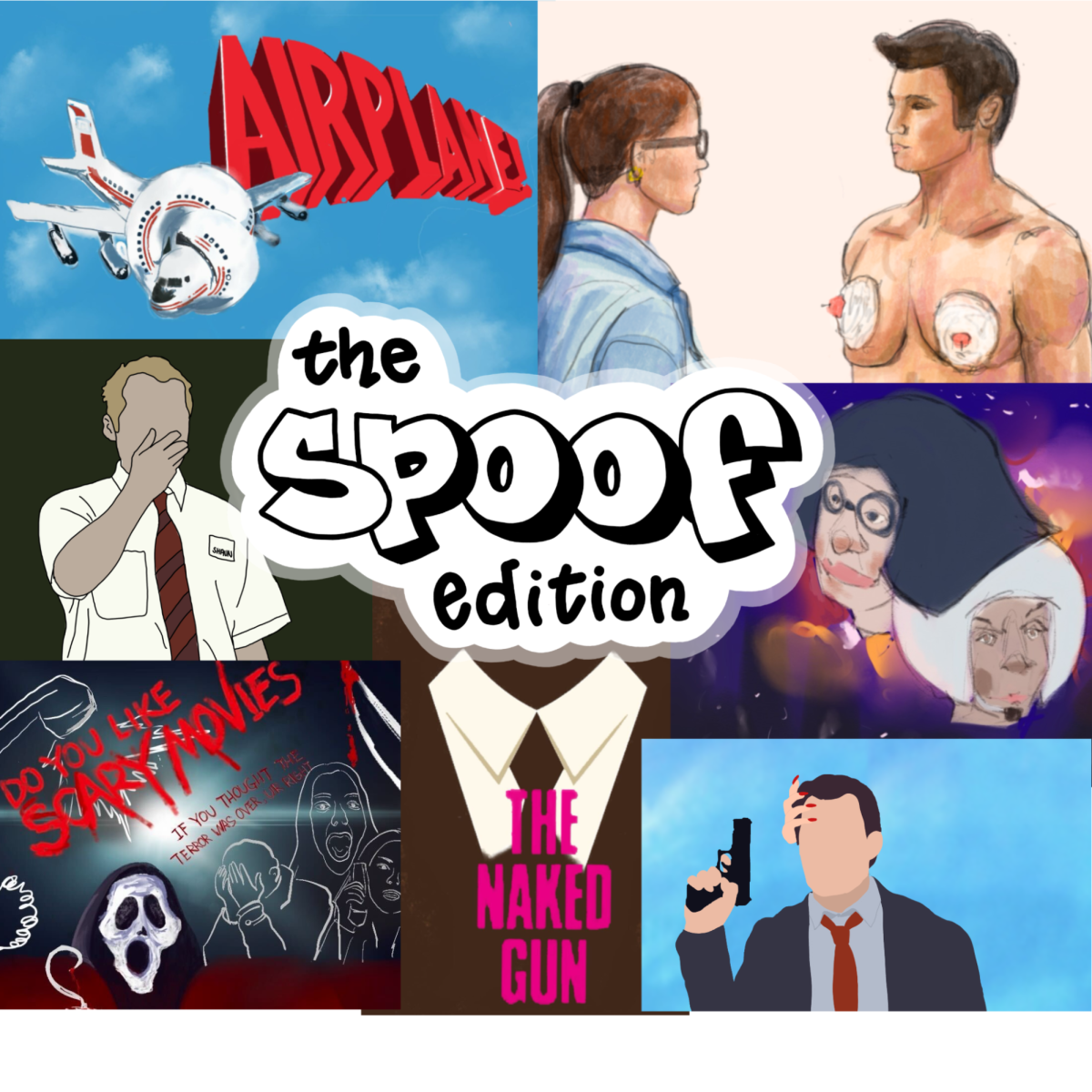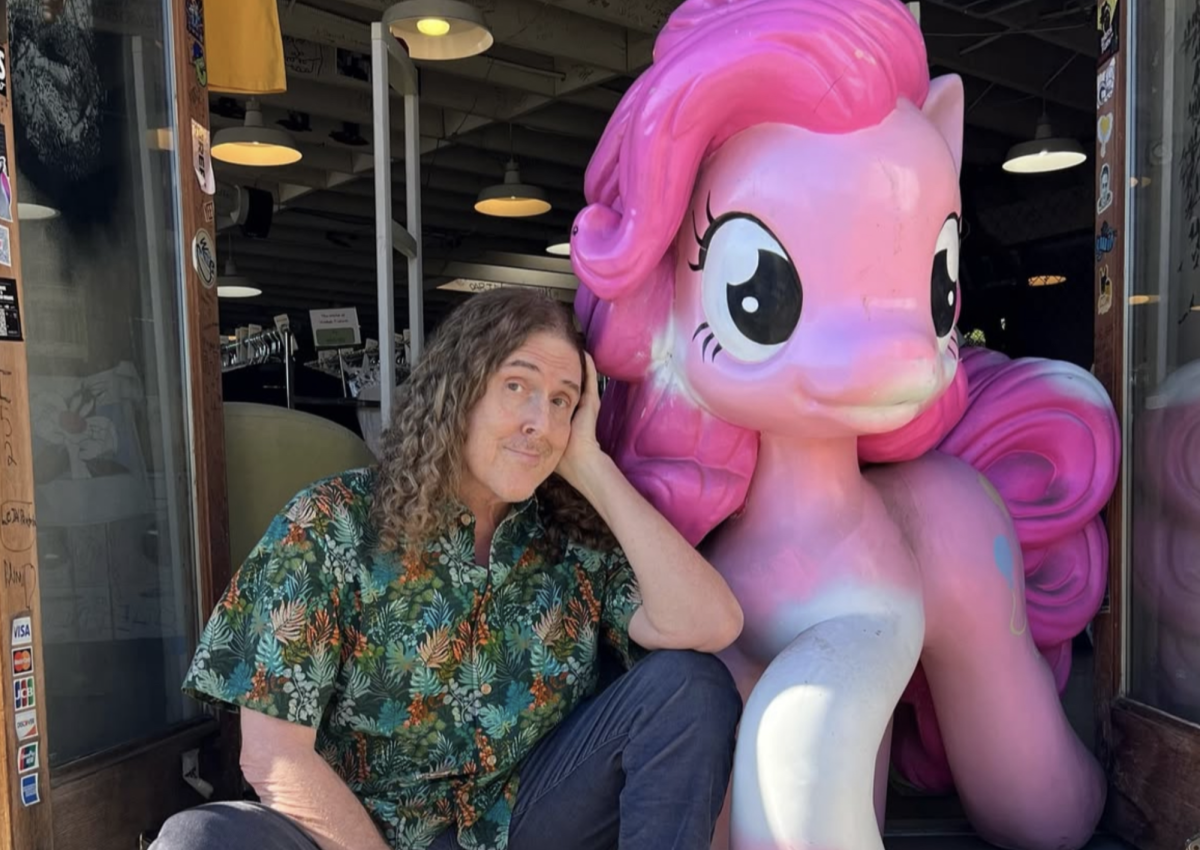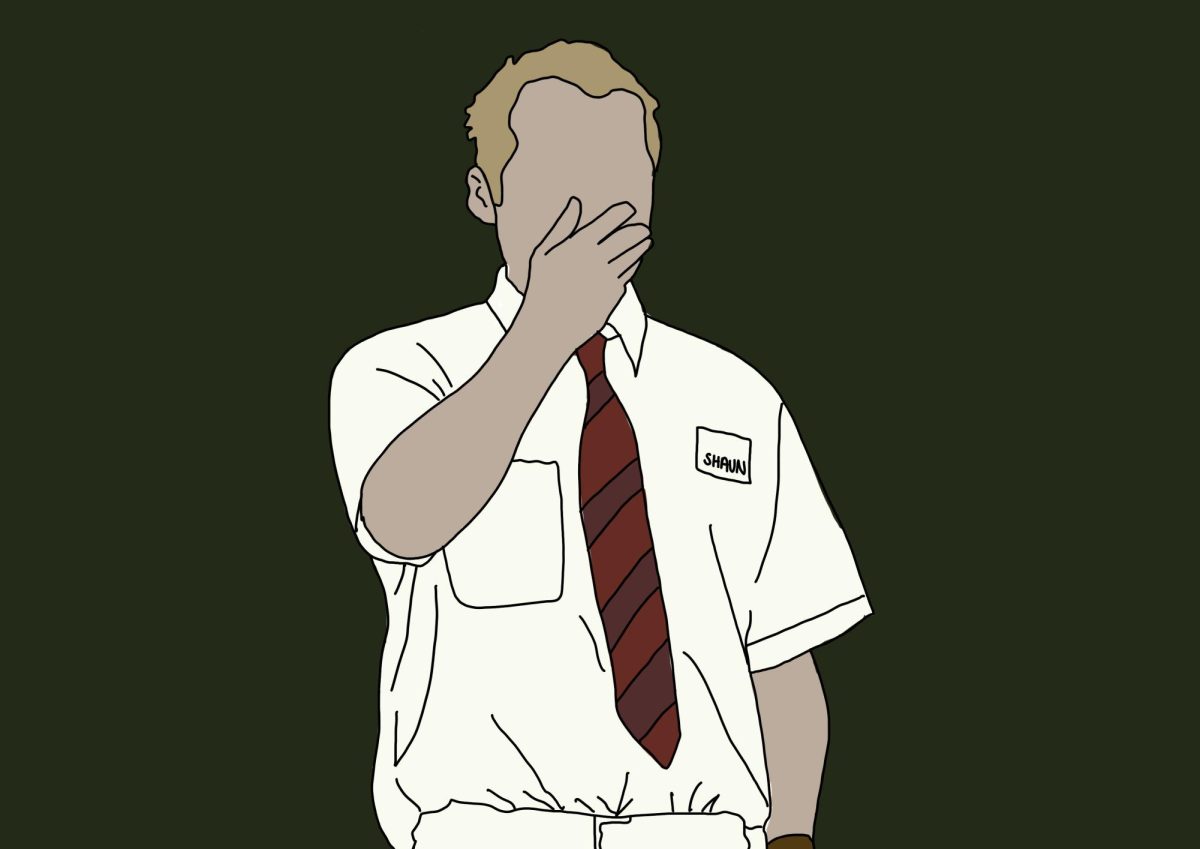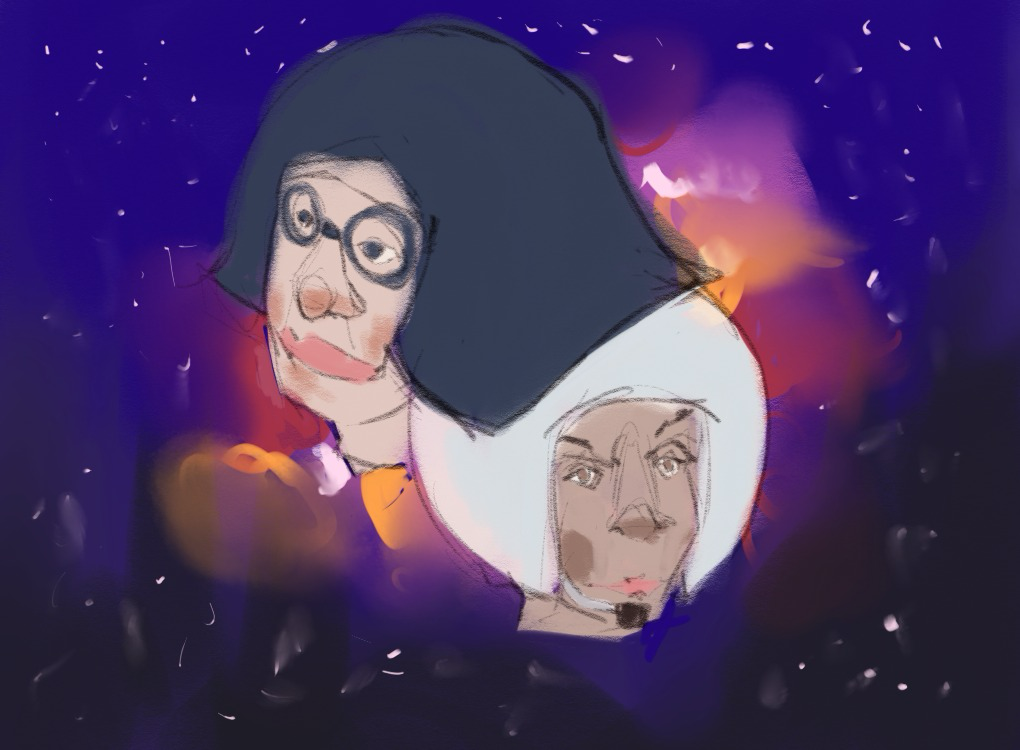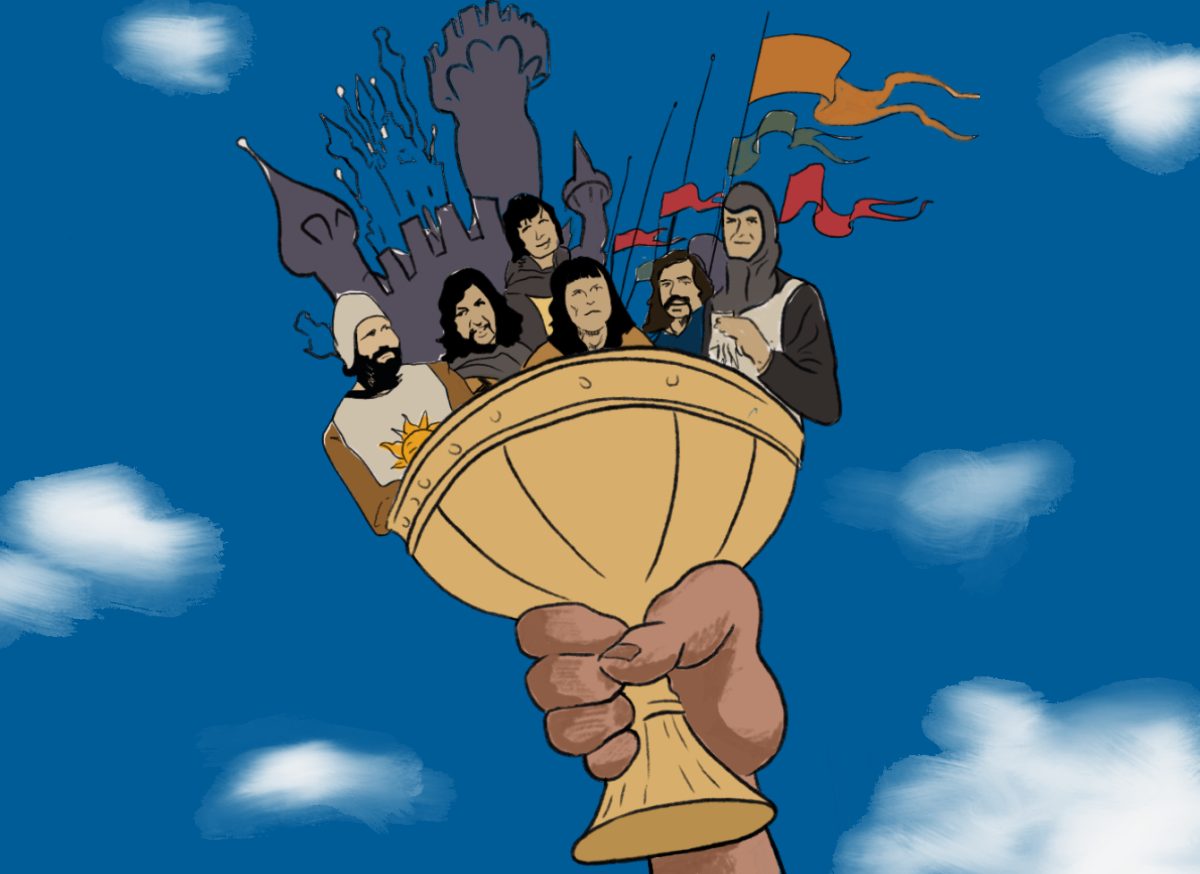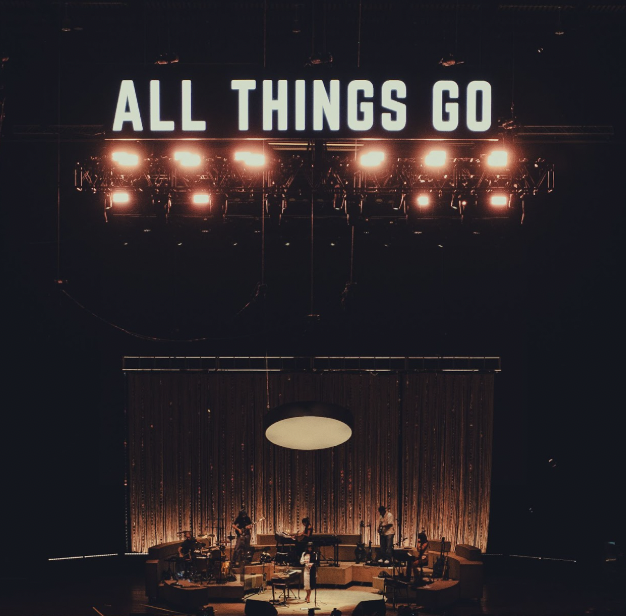There are books all around my townhouse: on bookshelves, in trolley carts, on my desk, on coffee tables, on the floor, on rectangle pieces of concrete jutting out of the base of a purposeless living room wall. Most of the texts are from my direct roommate and me, and you can expect to find sticky notes and annotations overflowing from their pages — dog-earing is banned in this house.
Despite today’s reality, my relationship with reading has never been an ironclad love. I was a voracious reader in my youth, but I stopped reading during middle and high school, burnt out by required readings that did not interest me. I returned again to the form during the throes of the pandemic, and I fell in love again with how novels could reconnect me to the world while revealing deep truths and contradictions about the human experience.
Alarmingly, more and more people are using the excuse that literary and media content as a collective is “boring” when they mean to say that they cannot be bothered to encounter challenging material. To expand their minds and hearts, audiences should engage with material that does not constantly stimulate them, resisting succumbing to the trend of anti-intellectualism.
Take “The Bee Sting” by Paul Murray, a 600-plus page novel about an Irish nuclear family breaking apart due to financial, environmental and social stressors. It’s one of the best novels I’ve ever read — it was even a finalist for the Booker Prize, one of the most prestigious worldwide book awards — but many on Goodreads, a book review platform, have given the book a one-star rating for its length and ambiguous ending.
Perhaps, in this sense, it is better to address what the reader misses when they dismiss content as “boring.” Many of my political science classes have readings that could be classified as “boring,” such as a historical textbook, but these writings have forged my political beliefs and helped me parse right from wrong.
Even content that should not be labeled as “boring” has become “boring.” Book content creators on TikTok have admitted that they “skip” paragraphs when they take up too much of the page and “only” read dialogue. Jimmy Kimmel called several movies at the 2023 Academy Awards, which dealt with indigenous genocide, the creation of the atomic bomb and feminism under the patriarchy and within sex work, “too long.” Pop songs and albums are abandoning quality standards to become shorter and shorter to grab our attention spans.
I sometimes skim class readings, check my phone during a movie or hum along to a trending song; so does everyone at some point. Life happens, but the open celebration of anti-intellectualism — the shamelessness to which people have normalized these behaviors when 130 million U.S. adults lack proficiency in literacy — is incredibly worrying.
Literacy covers all areas of life: engagement with political dialogue, the ability to identify information from disinformation and comprehension of social behavior. It is beyond vital that we start small: challenging ourselves to sit with that long novel, movie or article when the silence has something to teach us.
While writing, I think of the rise of artificial intelligence and the insistence that technology summarizes writing for time. Apple Intelligence will summarize your iPhone notifications; Google AI will summarize all your searches, scholarly or inconspicuous; ChatGPT and OpenAI are everywhere and in everything, summarizing, writing and generating information left and right for people too bothered to do “boring” tasks, like reading a book.
From the economist’s perspective, I’m scared that the long-term implications of our short attention spans and the devices created to accommodate said impatience will catch up to humanity. I do not expect this change to happen in the next few decades, but I fear for generations beyond my reach. I hope and pray that I’m wrong.
Our lives are largely plotless inventions, with no clear rising action, climax or falling action. If on a graph, the form of a life is a scribble — loops that cross over one another, lines that go backward and forward at the same time, a big, confusing blur.
The most “boring” forms of media, the ones intentionally slower in pace, have taught me how to love, grieve, forgive and understand. They have made my conversations with friends more robust, interesting and insightful.
So please, try to engage with challenging media that will intentionally “bore” you. I promise that you’ll be better for it.


